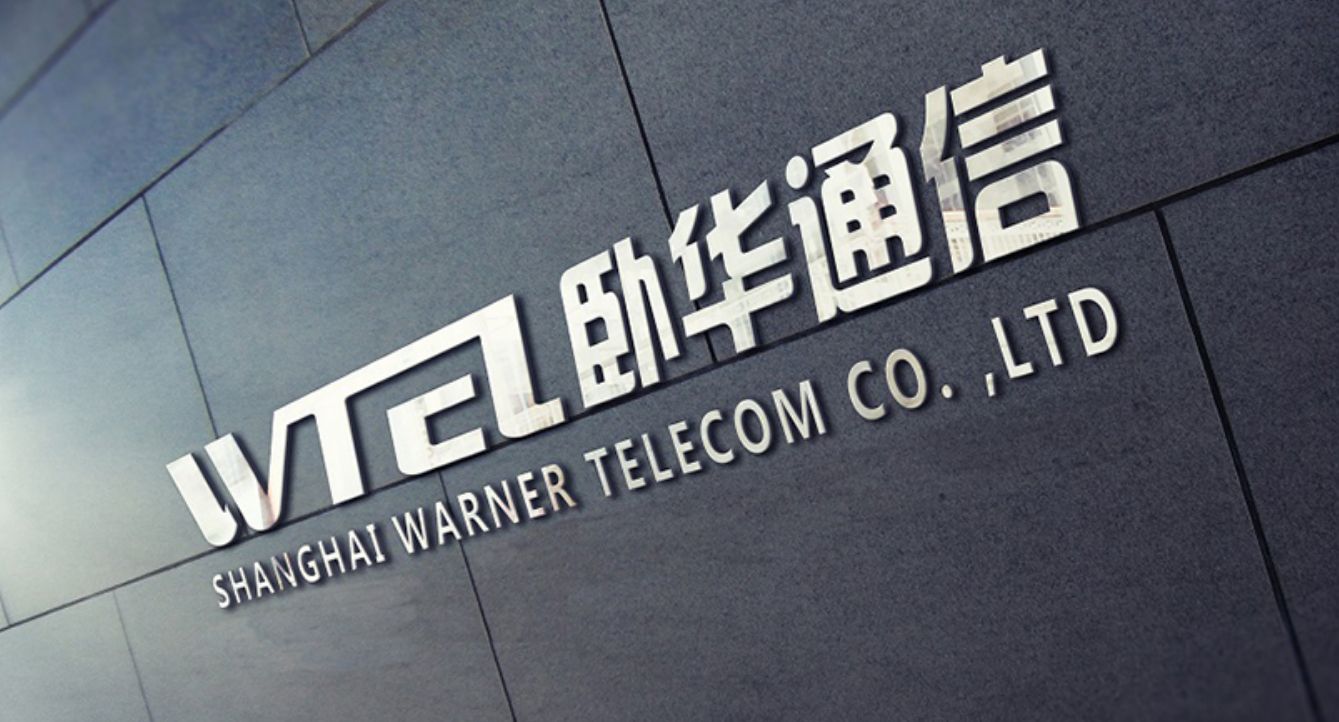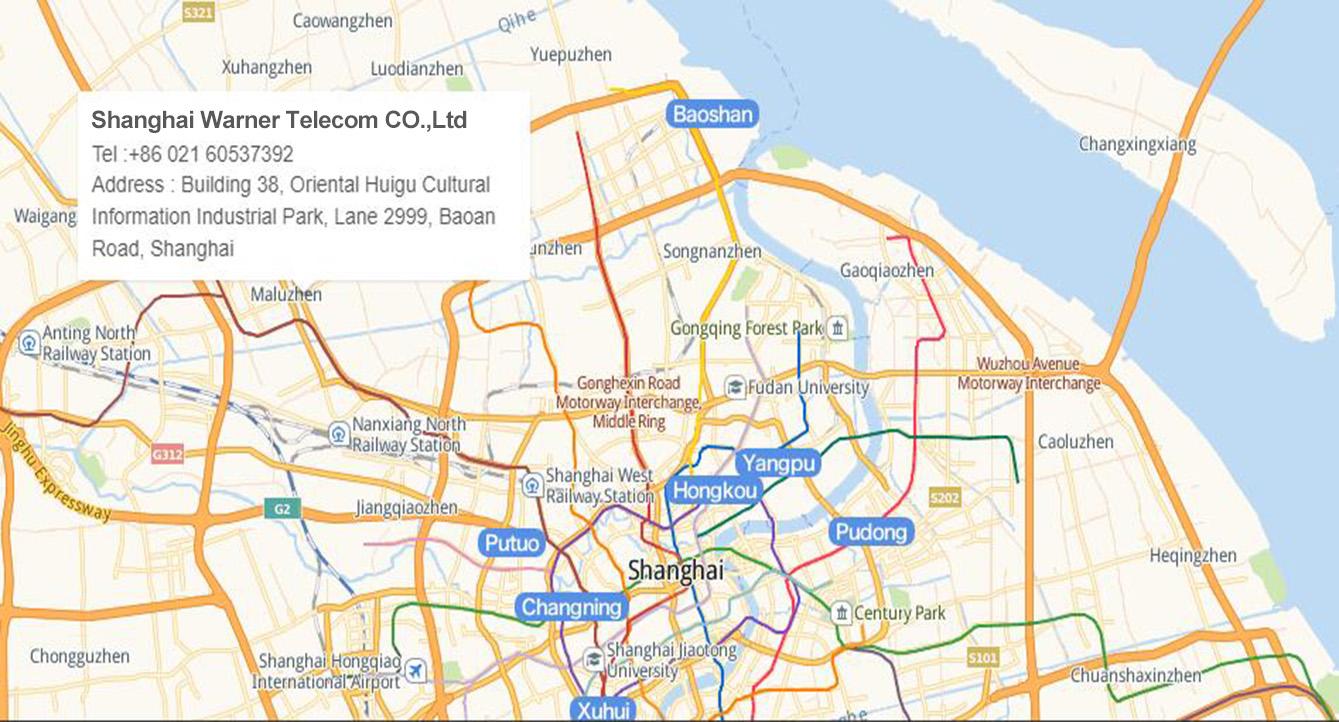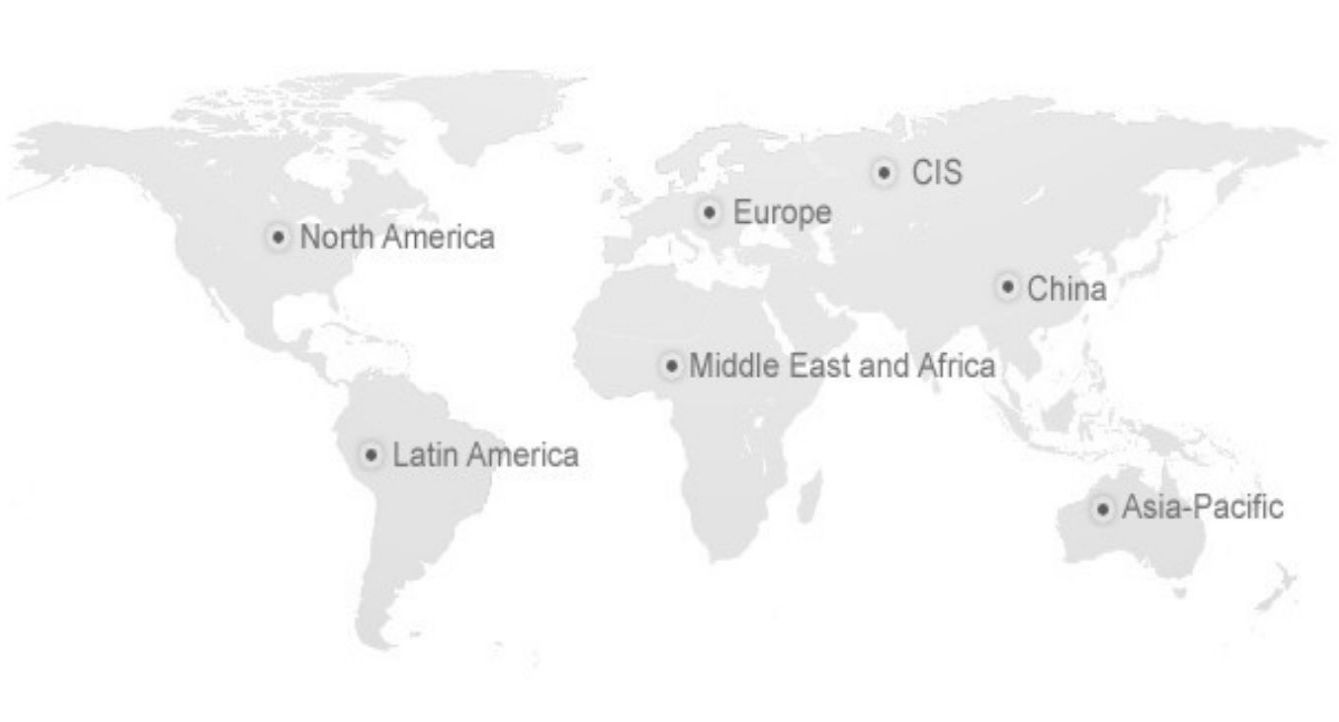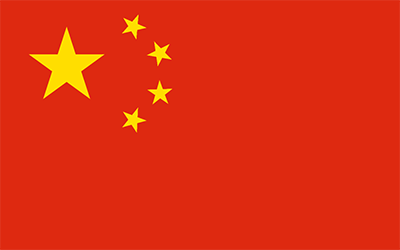
Why China Unicom Mixed-Ownership Reform is Worthy of Promotion
January 11, 2018
It was proposed in the Third Plenary Session of the 18th Central Committee of the Communist Party of China that mixed-ownership economy should be actively developed, more state-owned sector and other sectors of the economy should be allowed to become mixed-ownership economy. Non-state-owned capital could participate in projects invested by state-owned capital, the enterprises of mixed-ownership economy could carry out employee stock ownership plan (ESOP) and form a community of interests including the capital owners and workers.
According to this requirement, the central and local governments are actively promoting the mixed-ownership reform of state-owned enterprises (SOEs), by December 19, 2017, 3 batches of 50 pilot enterprises are included in the list and 68.9% of central enterprises have conducted mixed-ownership reform. That is to say, mixed-ownership reform has become the main event of SOEs structure reform and the engine of reform in more aspects. Above all, the mixed-ownership reform of China Unicom made an extremely important and beneficial effort.
According to the reform program released by China Unicom, it has not only introduced China Structural Reform Fund Corporation, China Life, BAT (Baidu, Alibaba and Tencent), Jingdong, Suning and other strategic investors, but also conducted an ESOP pilot, introducing up to CNY 77.914 billion capital investment in total. It raised no more than CNY 61.725 billion from the strategic investors, obtained CNY 12.975 billion from China Structural Reform Fund Corporation by equity transfer and no more than CNY 3.213 billion from core staff through granting restricted stock, forming a true mixed ownership with multiple structures.
Obviously, China Unicom not only raised massive funds to provide capital assurance for technology development, enhance innovation capability and improve market competitiveness, but also introduced BAT, Jingdong and other strategic investors, which can create better opportunities for improving its market influence, expanding marketing platforms and the range of users. The implementation of ESOP further binds the interests of employees with enterprise interests, which further arouses the core staffâs initiative.
In fact, such a radical reform in China Unicom is a bold attempt, which reflects the governmentâs determination to carry out mixed-ownership reform of SOEs. More importantly, China Unicom is one of the monopolies, the reform of China Unicom is also an attempt to explore how to carry out reform of monopoly industries and enterprises, especially the mixed-ownership reform. Once the reform in China Unicom reached the desired results, it could provide significant reference to the coming reform of SOEs, especially the monopolies.
Thatâs why China Unicom's mixed-ownership reform has brought us more expectation and hope. We expect the success of China Unicom's reform, and we expect more that it could become a sample and demonstration for mixed-ownership reform of other state-owned enterprises.
The 19th CPC National Congress has proposed that âwe should deepen the reform of state-owned enterprises, develop mixed-ownership economy and foster first-class enterprises with global competitivenessâ. In fact, only when SOEs truly become part of the market and actively participate in market competition can they join the worldâs leading enterprises. The fundamental change in joining the market is to reform the existing management system, carry out mixed-ownership reform under appropriate conditions, integrate the advantages of different capitals and enhance the core competitiveness of enterprises. Thereâs no doubt that the reform of China Unicom has such characteristics and advantages.
It can be expected that the mixed-ownership reform will be conducted in a wider range of SOEs in the next stage, in addition, the degree of reform will also improve and more group-level mixed-ownership reform would appear in large SOEs including central enterprises. The SOEs reform bonus will be released and become an important driving force in economic development.
It is worthy to be mentioned that SOEs reform should be carried out by different strategies in different industries and regions, mechanical copying and dogmatism must be avoided. As long as directed by transparent, open and justice principles, avoid illegal operation and private transactions, when the reform is complied with the state industrial policies and development goals, the enterprises should be allowed to explore radical reforms when no loss of state-owned assets will happen, either introducing strategic investors or carrying out ESOP according to their actual situation. On this basis, after reform of state-owned assets management system and building an investment operating company of state-owned capital, the enterprises can truly become market participants.
According to this requirement, the central and local governments are actively promoting the mixed-ownership reform of state-owned enterprises (SOEs), by December 19, 2017, 3 batches of 50 pilot enterprises are included in the list and 68.9% of central enterprises have conducted mixed-ownership reform. That is to say, mixed-ownership reform has become the main event of SOEs structure reform and the engine of reform in more aspects. Above all, the mixed-ownership reform of China Unicom made an extremely important and beneficial effort.
According to the reform program released by China Unicom, it has not only introduced China Structural Reform Fund Corporation, China Life, BAT (Baidu, Alibaba and Tencent), Jingdong, Suning and other strategic investors, but also conducted an ESOP pilot, introducing up to CNY 77.914 billion capital investment in total. It raised no more than CNY 61.725 billion from the strategic investors, obtained CNY 12.975 billion from China Structural Reform Fund Corporation by equity transfer and no more than CNY 3.213 billion from core staff through granting restricted stock, forming a true mixed ownership with multiple structures.
Obviously, China Unicom not only raised massive funds to provide capital assurance for technology development, enhance innovation capability and improve market competitiveness, but also introduced BAT, Jingdong and other strategic investors, which can create better opportunities for improving its market influence, expanding marketing platforms and the range of users. The implementation of ESOP further binds the interests of employees with enterprise interests, which further arouses the core staffâs initiative.
In fact, such a radical reform in China Unicom is a bold attempt, which reflects the governmentâs determination to carry out mixed-ownership reform of SOEs. More importantly, China Unicom is one of the monopolies, the reform of China Unicom is also an attempt to explore how to carry out reform of monopoly industries and enterprises, especially the mixed-ownership reform. Once the reform in China Unicom reached the desired results, it could provide significant reference to the coming reform of SOEs, especially the monopolies.
Thatâs why China Unicom's mixed-ownership reform has brought us more expectation and hope. We expect the success of China Unicom's reform, and we expect more that it could become a sample and demonstration for mixed-ownership reform of other state-owned enterprises.
The 19th CPC National Congress has proposed that âwe should deepen the reform of state-owned enterprises, develop mixed-ownership economy and foster first-class enterprises with global competitivenessâ. In fact, only when SOEs truly become part of the market and actively participate in market competition can they join the worldâs leading enterprises. The fundamental change in joining the market is to reform the existing management system, carry out mixed-ownership reform under appropriate conditions, integrate the advantages of different capitals and enhance the core competitiveness of enterprises. Thereâs no doubt that the reform of China Unicom has such characteristics and advantages.
It can be expected that the mixed-ownership reform will be conducted in a wider range of SOEs in the next stage, in addition, the degree of reform will also improve and more group-level mixed-ownership reform would appear in large SOEs including central enterprises. The SOEs reform bonus will be released and become an important driving force in economic development.
It is worthy to be mentioned that SOEs reform should be carried out by different strategies in different industries and regions, mechanical copying and dogmatism must be avoided. As long as directed by transparent, open and justice principles, avoid illegal operation and private transactions, when the reform is complied with the state industrial policies and development goals, the enterprises should be allowed to explore radical reforms when no loss of state-owned assets will happen, either introducing strategic investors or carrying out ESOP according to their actual situation. On this basis, after reform of state-owned assets management system and building an investment operating company of state-owned capital, the enterprises can truly become market participants.
Previous:
Huawei aims $50 billion in 2019













